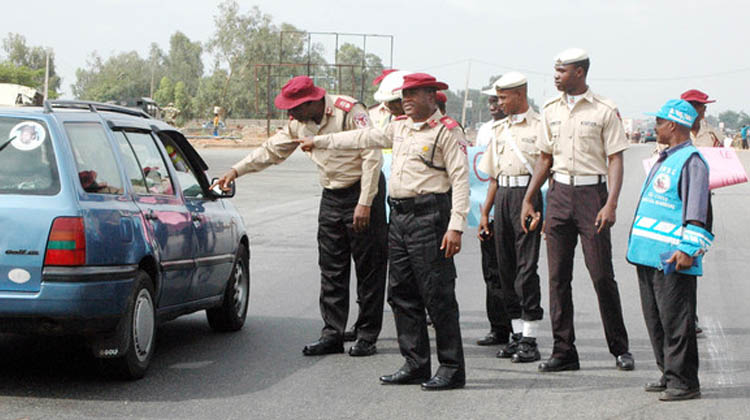In Lagos state, Nigeria, vehicle owners are often stopped by various officials requesting to see their vehicle documents. This situation raises a key question: Who is legally empowered to check vehicle documents in Lagos State? Understanding the roles and limits of each authority helps motorists protect their rights and avoid unnecessary harassment.
The right to check these documents is grounded in federal and state laws, including the Road Traffic Act, the Federal Road Safety Commission Act, and the Lagos State Road Traffic Law.
Authorities Empowered to Check Vehicle Documents in Lagos State
Here’s a breakdown of the key authorities that can request to check your vehicle documents in Lagos:
-
Federal Road Safety Corps: The FRSC is Nigeria’s primary federal agency responsible for road safety. Officers have the authority to check crucial vehicle documents, such as the driver’s license, Vehicle registration, Roadworthiness certificate, Proof of ownership, and Insurance certificate. FRSC officers conduct these checks at checkpoints or during patrols to ensure compliance with national road safety standards.
-
Nigerian Police Force (NPF): The police have broad powers to check vehicle documents as part of their role in maintaining law and order, preventing crime, and identifying stolen vehicles. The documents they can check include: Driver’s license, Vehicle registration, Proof of ownership, Insurance certificate. They also have the authority to impound vehicles that fail to meet legal documentation requirements. However, it’s important to note that the police CANNOT arrest you for having expired vehicle papers.
-
Vehicle Inspection Officers (VIOs): UVIOs operate under the Lagos State Ministry of Transport. Their main focus is to ensure that vehicles are roadworthy and meet safety and environmental standards. They check documents such as a driver’s license, vehicle registration, and insurance certificate. In addition, VIOs perform technical inspections and issue the Roadworthiness Certificate only after a vehicle passes both physical and computerized tests, as mandated by the 2021 Lagos Road Traffic Law.
-
Lagos State Traffic Management Authority (LASTMA): While LASTMA’s primary responsibility is traffic management, its officers are also empowered to check vehicle documents, including: Vehicle registration, Insurance certificate, Roadworthiness Certificate. LASTMA works closely with other agencies to ensure compliance with state regulations and reduce traffic congestion.
-
Nigeria Customs Service: Customs officers have the authority to inspect documentation related to vehicle importation. They check: Customs duty papers and Import documents. Their role is to ensure that imported vehicles are legally imported and that duties have been paid.
What Do The Routine Checks Conducted by VIOs During Vehicle Inspections Entail?
VIOs perform thorough evaluations during vehicle inspections, ensuring compliance with the Lagos State Road Traffic Law. Here are the main areas they focus on:
-
Emissions Check- ensuring the vehicle meets environmental standards.
-
Fluid Levels- checking essential fluids like engine oil and coolant.
-
Safety Components- verifying that safety components like brakes, horn, indicators, lights, and wipers are functioning.
-
Mechanical Systems- checking the vehicle’s mechanical systems for any faults.
-
Tires & Wheels- inspecting the condition of the tires, including spare tires, jack, tools, and tread depth.
-
Documentation- ensuring that Driver’s license, Vehicle registration, Insurance certificate and road worthiness certificate are up to date.
-
Emergency Equipment- verifying that the vehicle is equipped with the necessary emergency items such as: fire extinguisher, first-aid kit, c-caution, tow rope, fan belt
Why Do These Checks Matter?
-
Safety: These checks ensure that vehicles meet technical and environmental standards, reducing accidents and environmental impact.
-
Legal Compliance: Compliance with the regulations helps motorists avoid fines, which can range from ₦10,000 to ₦50,000 for expired documents.
-
Crime Prevention: Regular checks help reduce the circulation of stolen vehicles and prevent document forgery.
